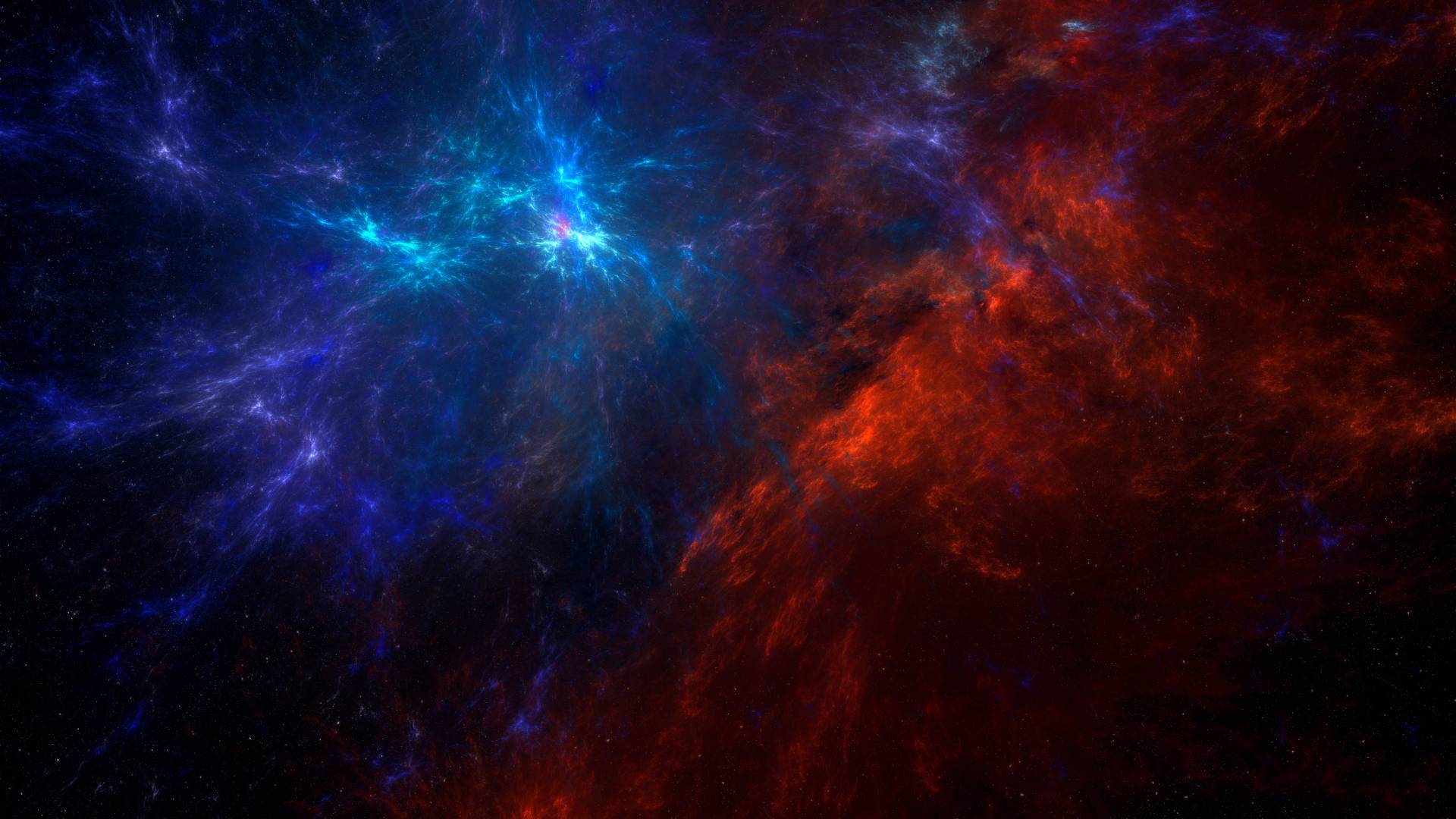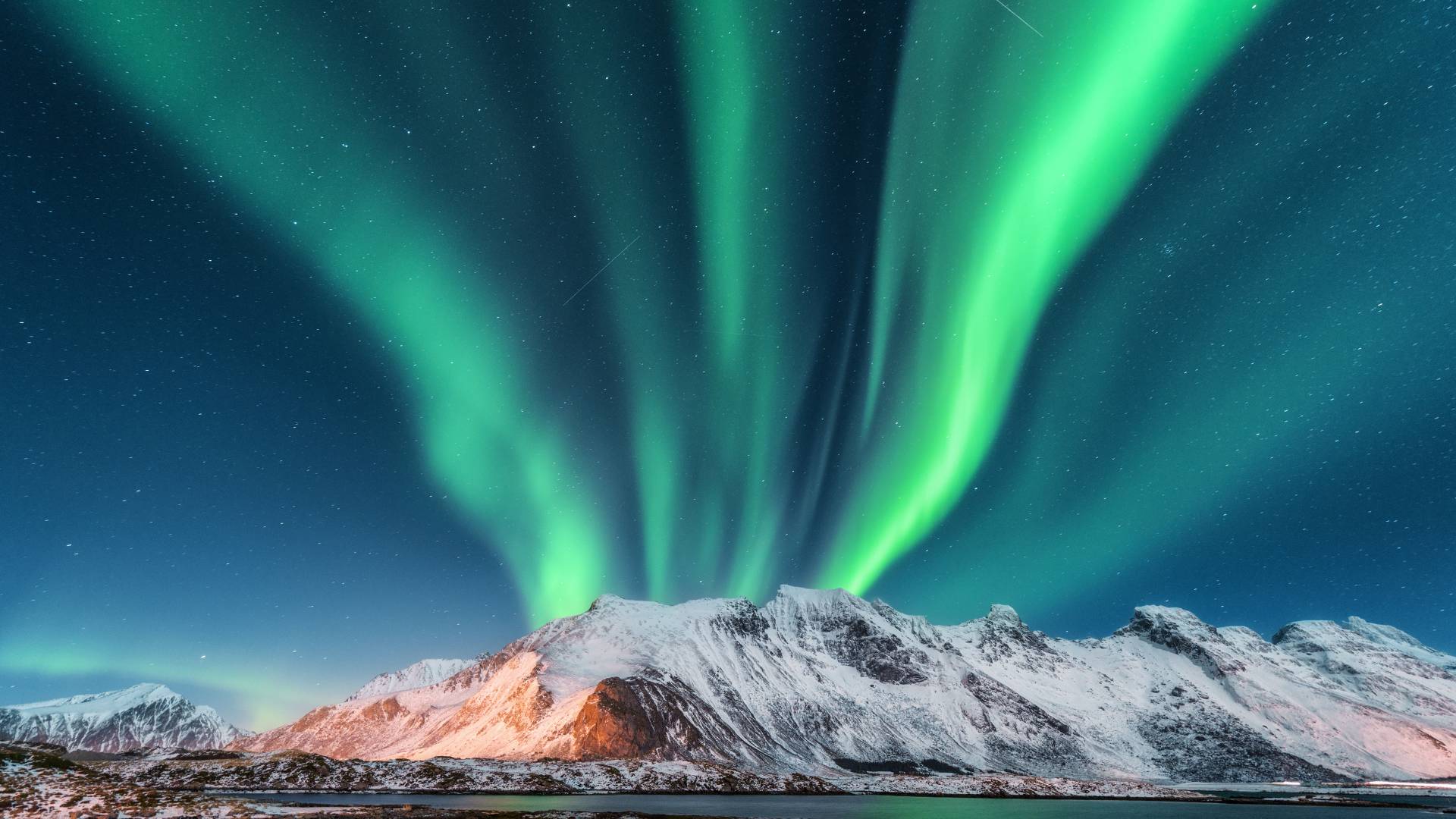Have you ever wondered: What does space smell like?
It’s a strange and fun question — and it turns out, astronauts have been talking about it for decades!
At spaceyv, we love exploring not just the hard science of the universe, but also the quirky, viral, and human stories that make space so fascinating. And one of the most surprising topics people always ask about is: what does outer space smell like?
In this article, we’ll break down how astronauts describe the scent of space, why it smells that way, and what it teaches us about the environment beyond Earth. Buckle up — this is going to be a fun, science-friendly ride.
🚀 How Do We Know What Space Smells Like?
Let’s clear one thing up first: astronauts can’t just take off their helmets and sniff around outside the spacecraft — the vacuum of space would kill them instantly.
But here’s what happens: when astronauts go on a spacewalk (also called an EVA, or extravehicular activity), their suits and equipment get exposed to the space environment. When they return inside the International Space Station or shuttle, they take off their helmets and gloves, and that’s when they notice the smell.
It’s the lingering odor on the metal, fabric, and gear that gives them a whiff of space.

🌌 What Does Space Smell Like?
Astronauts over the years have given surprisingly consistent answers about the smell of space.
Here’s what they describe:
✅ Burnt metal or welding fumes
✅ Hot metal or seared steak
✅ Gunpowder or spent fireworks
✅ Ozone or electric smell
✅ Slightly sweet, like raspberries (in rare cases)
One astronaut, Don Pettit, famously said:
“It’s kind of like a smell from a gun, right after you fire the shot… it has that kind of burnt, metallic smell.”
Another, Chris Hadfield, described it as:
“A distinct odor of ozone, a faint acrid smell. Also slightly metallic, a bit like brimstone.”
It’s not exactly pleasant — but it’s distinct and instantly recognizable.
💡 Why Does Space Smell Like That?
Here’s where the science comes in.
The smell comes from high-energy particles and radiation interacting with the materials on the astronaut’s suit and equipment. Space is full of atomic oxygen, which is highly reactive, especially in low Earth orbit.
When astronauts return inside, this atomic oxygen has left chemical traces on the suit’s surface — essentially a burnt or scorched odor. The vacuum of space and the extreme conditions (like cosmic rays and solar wind) also contribute to these chemical reactions.
It’s not that space itself has a “smell” like air on Earth — it’s that space changes the materials we bring into it.

🍓 Fun Twist: The Raspberry Molecule
Here’s a quirky fact that makes this topic even more fun.
In 2009, astronomers discovered that the Sagittarius B2 gas cloud near the center of our galaxy contains a molecule called ethyl formate — the same chemical responsible for the smell of raspberries and rum!
So technically, parts of the universe have the ingredients that smell sweet and fruity — though you wouldn’t want to sniff that gas cloud directly (it’s also full of deadly toxic compounds).
Still, it’s a fun reminder that space is full of surprising, delightful chemistry.
🔥 How NASA Captured the Smell
NASA took astronaut descriptions so seriously that they hired a fragrance chemist named Steve Pearce to recreate the smell of space for training simulations.
Pearce worked from astronaut reports and designed a scent that mimics the burnt-metal, ozone, and gunpowder notes they described. This way, astronauts-in-training could get used to the strange odor they’d experience after spacewalks.
Interestingly, Pearce’s formula became so popular that he eventually launched it as a perfume line called Eau de Space, funded through a Kickstarter campaign.
Yes — you can actually buy a bottle that claims to smell like space!

🚀 Unique Angle: What Could Space Smell Tell Us?
At spaceyv, we like to ask: what could we learn from space smells?
While it’s mostly a fun topic, it also has some scientific value.
For example:
-
Monitoring suit degradation: Changes in the smell might signal materials breaking down or reacting dangerously.
-
Detecting hazards: Certain chemical reactions on the suit might indicate nearby radiation or particle events.
-
Improving habitability: As humans plan longer missions to the Moon, Mars, or deep space, understanding the chemical interactions between the environment and human materials could help improve life-support systems.
In short, even the smell of space might carry important clues for future explorers.
💬 Why People Love This Topic
Articles and videos about the smell of space often go viral — why?
Because it’s relatable. Most space topics deal with abstract things like black holes, gravity, or time dilation. But smell is a human sense — something we can easily imagine and connect to.
It brings the vast, distant universe a little closer to home.
That’s why we at spaceyv love covering these kinds of stories — they spark curiosity, wonder, and a sense of fun in the middle of all the heavy science.

🌟 Final Thoughts
So, what does space smell like?
According to the people who’ve been there: burnt metal, welding fumes, ozone, gunpowder — a sharp, acrid, smoky scent unlike anything on Earth.
It’s a reminder that space is both fascinating and dangerous, and that even in the tiniest details, like a lingering smell, we can find stories that inspire wonder.
At spaceyv, we’re passionate about uncovering the big mysteries and the small surprises of the universe. Whether it’s the scent of space, the sound of distant planets, or the strange chemistry in interstellar clouds, we’re here to bring you closer to the cosmos.


